Today’s readings
“Do not be amazed!” – I just love that line in the Gospel. We have to get behind the sentiment of that statement today if we are to really understand what this day is all about. We believe in a God who is very surprising. All through the Bible, we can read stories of people trying to come to terms with God, and just when they thought they had him all figured out, he bursts in to their complacency and seems to say, “No, that’s not it, you just don’t get me at all, do you?”
That happens to us too, doesn’t it? God surprises us all the time. Most often, people note the bad surprises: the death of a loved one, an illness, loss of a job. But those things are not of God. God didn’t make those surprises; he allows them in this imperfect world, but they are not his will for us. What is his will for us is what truly surprises us: the grace to deal with a difficult situation with a strength we never knew we had, the help of a friend or loved one at just the right time, words spoken by a stranger or an acquaintance that help us to find the ability to journey on from where we are. And in our surprise, God says, “Do not be amazed!”
To really get how surprising this day must have been for Jesus’ disciples, we have to have been involved in the story to this point. Jesus had been doing wonderful, amazing things: healing the sick, raising the dead, speaking words of challenge and hope. The Jewish leaders of the time became more and more uncomfortable with his message, seeing it as blasphemy and a rejection of everything good and holy. More and more, their anger raged up, and many times they attempted to arrest him. Finally, the movement against him rises to a fever pitch. Judas, who perhaps thought he would get rich off this wonder-worker Jesus, grows disillusioned to the point that he is willing to hand Jesus over to them.
Jesus’ hour had come: he was put through a farce of a trial, brutally beaten and contemptuously treated. Finally he is nailed to a cross and suffers hours of agony and abandonment by most of his disciples before he gives us his spirit at last. All seemed darker than dark. Jesus is placed in a tomb that was not his own by people who had just been acquaintances. His friends have fled in fear. His mother and some women wept at the end of it all. Things couldn’t have been worse or more hopeless.
But then came the morning. Some of the women go to anoint his body for its burial, and just when they are wondering who is going to help them roll the stone away so they can get in to the tomb, they come upon the tomb, open and empty. They had to be utterly amazed – they probably didn’t even know what had actually happened. But as they stood there, mouths hanging open, thoughts reeling in their minds, the messenger appears: “Do not be amazed!” Jesus said he would rise, and rise he did, hammering home the point that hopelessness is no obstacle to God’s power, that fear is no match for grace, that death and darkness are nothing compared to God’s great love. Do not be amazed!
Even that is not where the wonder of it all stopped. In their joy, the disciples eventually recollected themselves and were able to go out and tell people what had happened. Christ, crucified, overcame death to rise to new life. In the light of the resurrection, they came to understand what Jesus had always preached and they also received the grace of the Spirit so that they could preach it to others. Their preaching shaped the Church, guiding it through the centuries to our own day.
Today we gather not just to remember an amazing event that happened two thousand years ago, but rather to experience the joy of that resurrection with those women at the tomb, with the disciples who heard about it from them, with all the people from every time and place, on earth and in heaven, all of us who have had the Gospel preached to us. We are the Church: we celebrate the resurrection of Jesus as one. Do not be amazed!
And the marvel continues: the death and resurrection of Christ has had an effect on this cold and dark and sinful world. Through that wonderful saving grace, the finality of our death has been obliterated, the vicious cycle of our sins has been erased. We have been freed from it all through the power of grace, freely given if we will freely accept it, lavished out on all of us prodigal ones who return to God with sorrow for our sins and hope for forgiveness. We have truly been saved and delivered. Do not be amazed!
We have also been given the great gift of eternal life. In his death and resurrection, Jesus Christ has broken the prison-bars of death and risen triumphant from the underworld. Because of that, our graves will never be our final resting place, pain and sorrow and death will be temporary, and we who believe and follow our risen Lord have hope of life that lasts forever. Just as Christ’s own time on the cross and in the grave was brief, so our own pain, death, and burial will be as nothing compared to the ages of new life we have yet to receive. We have hope in these days because Christ who is our hope has overcome the obstacles to our living. Do not be amazed!
Back on the evening of Holy Thursday, when the Church gathered to commemorate the giving of the Eucharist, the entrance antiphon told us what was to come. It said:
We should glory in the cross of our Lord Jesus Christ,
in whom is our salvation, life and resurrection,
through whom we are saved and delivered.
And this morning, we gather to celebrate that that is truly what has happened. Through the cross and resurrection we are saved and delivered so to live the salvation, life and resurrection that God always intended for us to have. We should glory in the cross! Do not be amazed!
Christ is risen! He is risen indeed! Alleluia!
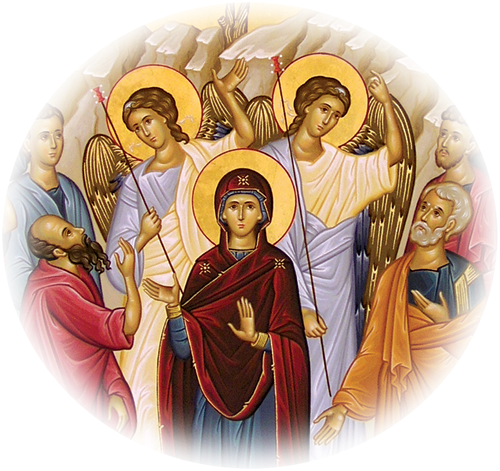

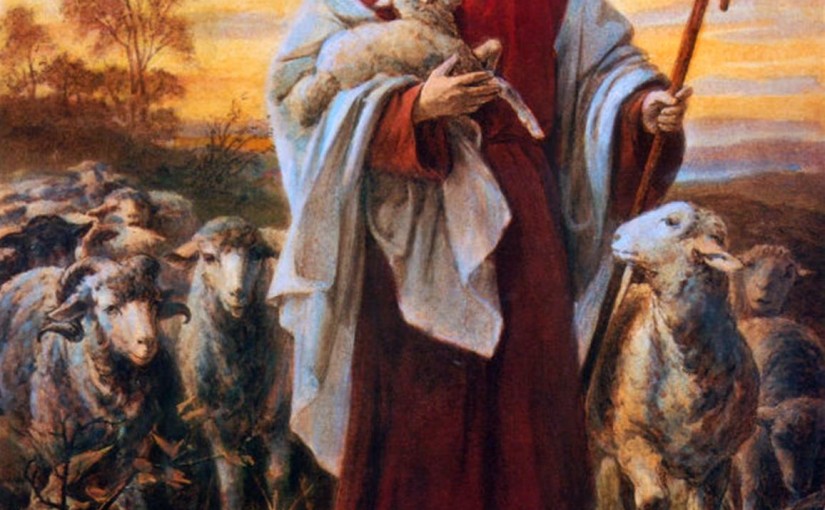

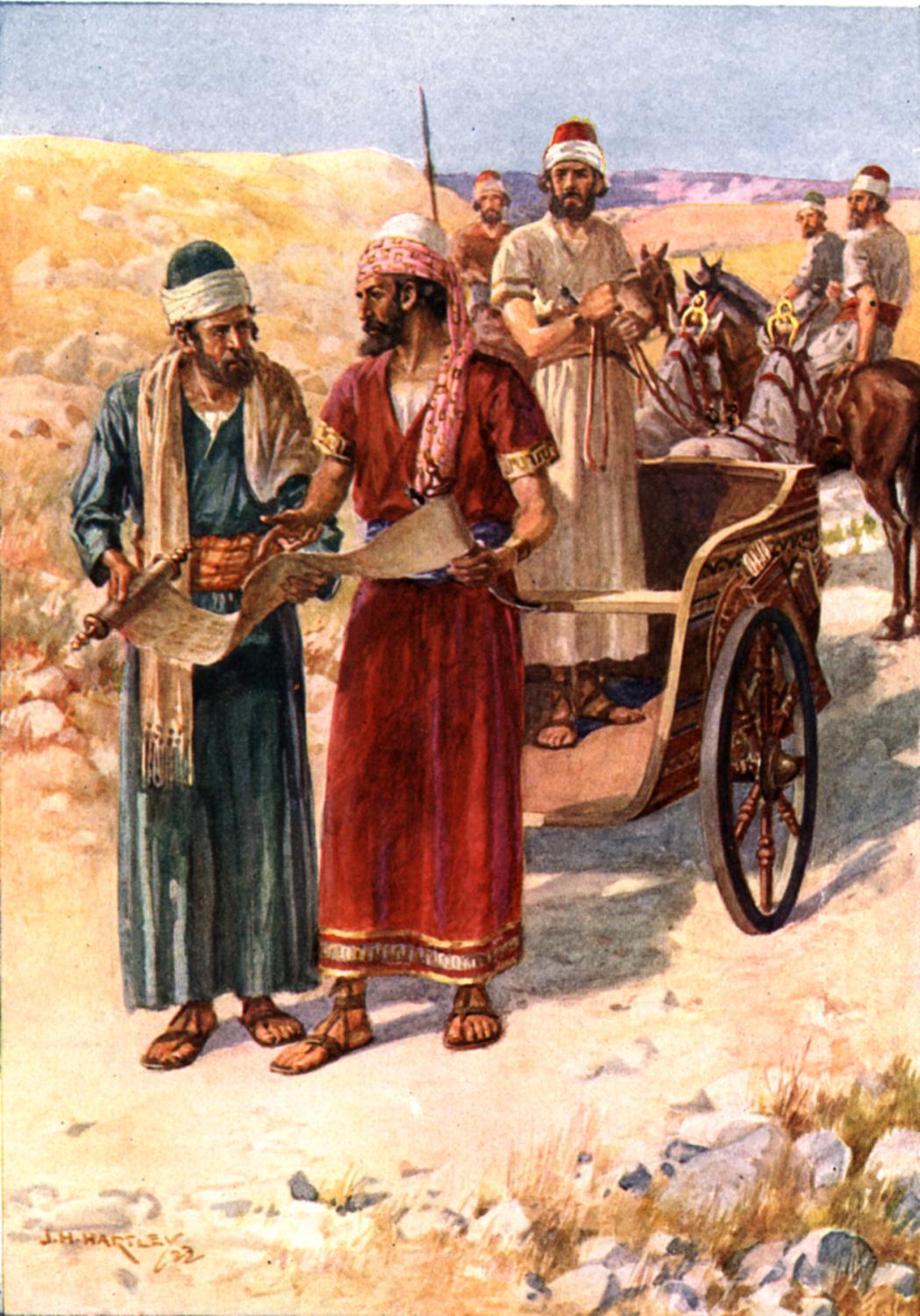
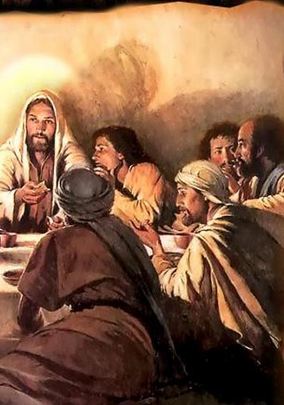
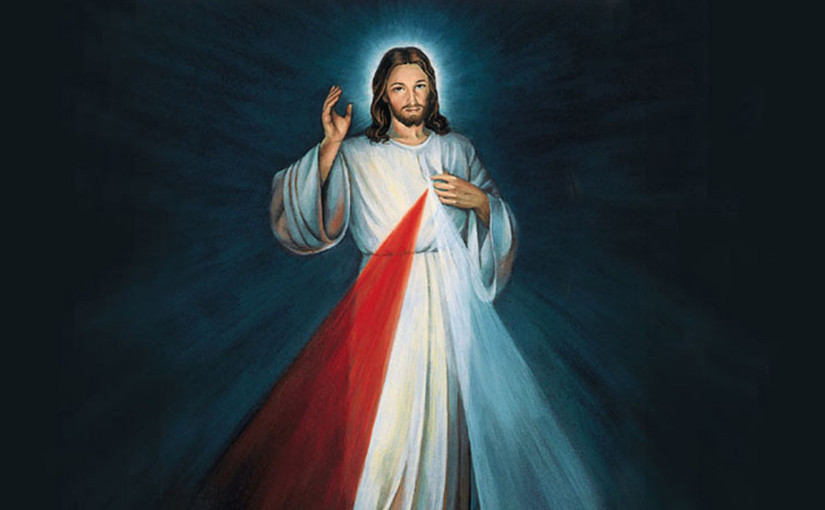
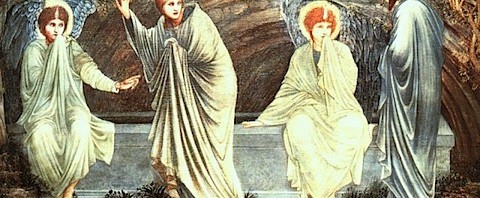
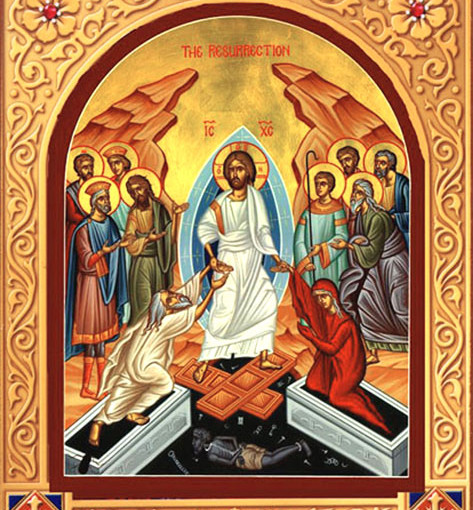
You must be logged in to post a comment.